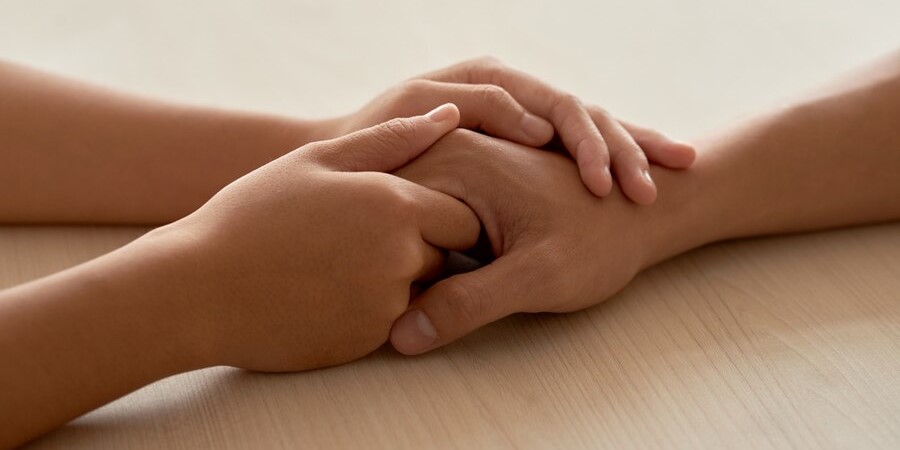
The Power of Family in Rehabilitation: Embracing the Recovery Journey Together
When you’re going through rehabilitation, having your family by your side can make all the difference. In fact, family support isn’t just helpful – it’s often crucial to a successful recovery. Let’s explore how families can work together during rehabilitation and why this support matters so much.
Understanding How Rehabilitation Affects Everyone
When one family member starts their rehabilitation journey, it impacts the whole family. Think of it like ripples in a pond – the changes touch everyone involved:
For Your Loved Ones:
- They might need to take on new roles at home
- Work schedules often need adjusting
- Financial responsibilities may shift
- Daily routines usually change
- Emotional responses can vary greatly
But here’s the good news: when families work together with the rehabilitation team, these challenges become more manageable. It’s about finding your “new normal” together.
Why Your Family’s Support Makes Such a Difference
Picture your family as your personal cheerleading squad. Their encouragement and support can:
- Boost your confidence during tough days
- Help you stay motivated through challenges
- Provide emotional stability when you need it most
- Create a positive environment for recovery
- Help you see progress you might miss on your own
Understanding the Caregiver’s Journey
Let’s talk about the unsung heroes – the family caregivers. Whether it’s your spouse, adult child, parent, or close friend, becoming a caregiver is a big responsibility. They often need to:
- Learn new medical terms and procedures
- Coordinate with healthcare teams
- Manage medications and appointments
- Help with daily activities
- Balance their own life with caregiving duties
Supporting the Supporters: Taking Care of Family Caregivers
Here’s something crucial that often gets overlooked: caregivers need support too! Think about it – they’re giving so much of themselves to help you recover. Here’s how we can help them stay strong:
For Healthcare Providers:
- Include caregivers in rehabilitation planning
- Provide clear, practical training
- Offer emotional support resources
- Make time for questions and concerns
- Share realistic expectations
For Caregivers:
- Take regular breaks (yes, it’s really okay!)
- Join support groups or counseling
- Accept help when others offer
- Keep up with your own health needs
- Share your feelings with trusted friends
Making Recovery a Team Effort
Success in rehabilitation comes from everyone working together. Here’s what helps:
Open Communication:
- Regular family meetings about progress
- Honest discussions about challenges
- Sharing victories, big and small
- Expressing needs and concerns openly
Practical Steps:
- Create a shared calendar for appointments
- Divide responsibilities among family members
- Set realistic goals together
- Celebrate progress as a family
Moving Forward Together
Remember, rehabilitation is a journey, not a race. Some days will be harder than others, and that’s perfectly normal. What matters most is supporting each other through both the challenges and victories.
Whether you’re the person in rehabilitation or a family member providing support, know that your role is vital. Together, you can create a strong foundation for recovery and growth.
Need more support? Don’t hesitate to:
- Talk with your rehabilitation team about family resources
- Connect with local support groups
- Ask for help when you need it
- Take things one day at a time
References
- National Institute on Disability, Independent Living, and Rehabilitation Research (NIDILRR)
- American Occupational Therapy Association (AOTA)
- National Alliance for Caregiving
- Family Caregiver Alliance
Remember, every family’s journey through rehabilitation is unique. What matters most is finding what works best for you and your loved ones as you navigate this path together.



